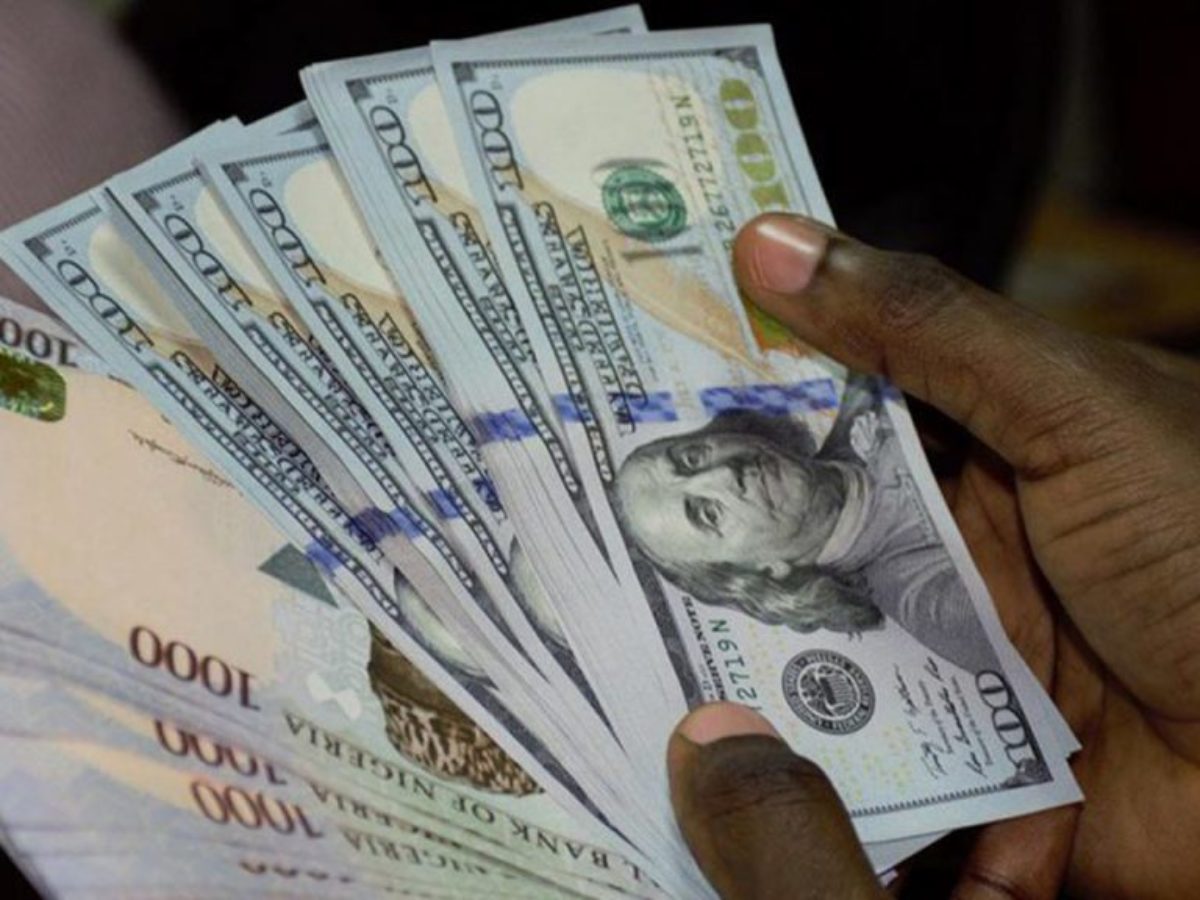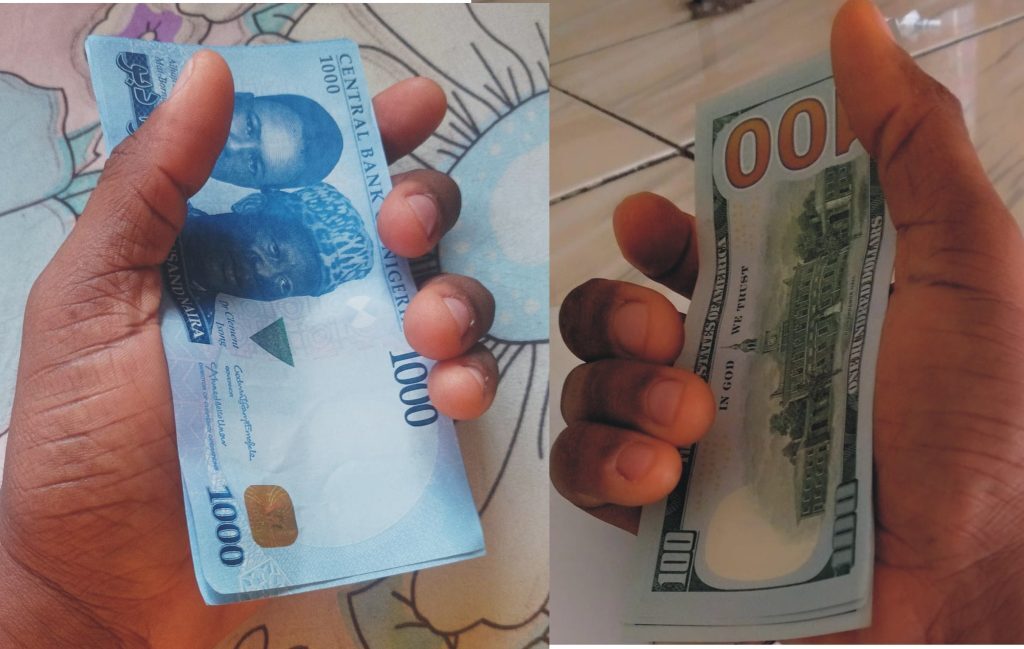
Black Market: Dollar to Naira Exchange Rate Today 15th July 2023
Seeking insights into the elusive domain of the black market, where the Dollar to Naira exchange rate, colloquially referred to as the parallel market or “Aboki fx,” dwells? Join me as we venture into the depths of this shadowy sphere and uncover the veiled secrets of the exchange rate for the illustrious date of July 15th, 2023.
Brace yourself for the unveiling of the captivating black market Dollar to Naira rates, where you can unlock the potential of your dollar and partake in the dance of converting it into the alluring Naira.
Trending Now!!:
Dollar to naira exchange rate today black market (Aboki dollar rate):
Seeking the current Dollar to Naira exchange rate in Nigeria on July 15, 2023? Look no further than TheCityCeleb, your trusted source for financial insights.
Curious about the enigmatic black market exchange rate? Brace yourself as we reveal the coveted figures for your consideration. Feel the thrill of swapping your precious dollars for the beloved Naira at these alluring rates.
Rest assured, TheCityCeleb has diligently compiled Nigeria’s official naira black market exchange rate, including the secretive Black Market rates, Bureau De Change (BDC), and CBN rates.
Please note, however, that the exchange rate is subject to frequent fluctuations, influenced by the dynamic interplay of dollar supply and demand. You can buy $1 for ₦800 and sell it for ₦820. Remember, these rates may swiftly change within hours, so stay vigilant and adapt accordingly.
How much is a dollar to Naira today in the black market?
As of Saturday, 15th July 2023, the currency exchange rate for the dollar to Naira at the vibrant Lagos Parallel Market, also known as the Black Market, reveals that players in this domain can acquire a dollar for N800 and sell it for N820. These figures are derived from reliable Bureau De Change (BDC) sector sources.
Dollar to Naira Black Market Rate Today
| Dollar to Naira (USD to NGN) | Black Market Exchange Rate Today |
| Buying Rate | N800 |
| Selling Rate | N820 |
It’s important to remember that the Central Bank of Nigeria (CBN) does not officially recognize the parallel market (black market). In its directives, the CBN advises individuals seeking to engage in Forex transactions to approach their respective banks for assistance and guidance.
Kindly be aware that the rates at which you buy or sell foreign exchange might diverge from the values provided in this article, as currency prices are subject to variability and fluctuations.
Factors Influencing Foreign Exchange Rate
Foreign exchange rates, those mysterious metrics that govern the value of currencies, are subject to a myriad of influential factors. Let’s explore some of these fascinating elements that sway the ebb and flow of foreign exchange rates:
- Interest Rates: A pivotal force in the currency realm, interest rates wield immense power. When a country’s interest rates rise, it entices foreign investors seeking higher returns. As demand for the currency increases, its value appreciates.
- Inflation: The delicate dance between inflation and exchange rates is a captivating spectacle. Currencies of countries with lower inflation rates tend to strengthen, as they maintain the stability of their purchasing power against the ravages of inflation.
- Economic Performance: The heartbeat of a nation’s economy pulsates through its currency. Factors such as GDP growth, employment levels, trade balance, and productivity collectively influence the demand for a currency. A robust economic performance attracts investors, bolstering the currency’s value.
- Political Stability: The stability of a nation’s political climate casts a significant shadow over its exchange rate. Countries with political tranquility attract foreign investors, boosting the value of their currency.
- Government Debt: The weight of a nation’s debt burden impacts its currency. High levels of government debt can erode confidence in a currency, resulting in depreciation.
- Current Account Balance: The delicate equilibrium between a nation’s exports and imports affects its exchange rate. A current account surplus, where exports exceed imports, strengthens the currency, while a deficit can lead to depreciation.
- Market Sentiment: The whims of market sentiment can cause wild fluctuations in exchange rates. Speculators, armed with their predictions and interpretations, can introduce volatility through their trading activities.
- Government Intervention: Occasionally, governments and central banks step onto the stage to influence exchange rates. Through interventions such as buying or selling their own currency, they aim to stabilize rates or gain a competitive advantage.
These factors intertwine and evolve in a dynamic dance, each playing a unique role in shaping foreign exchange rates. Their impact can be unpredictable and subject to global economic dynamics. As we unravel the complexities of these influences, we gain insights into the fascinating world of foreign exchange and its role in global finance.


